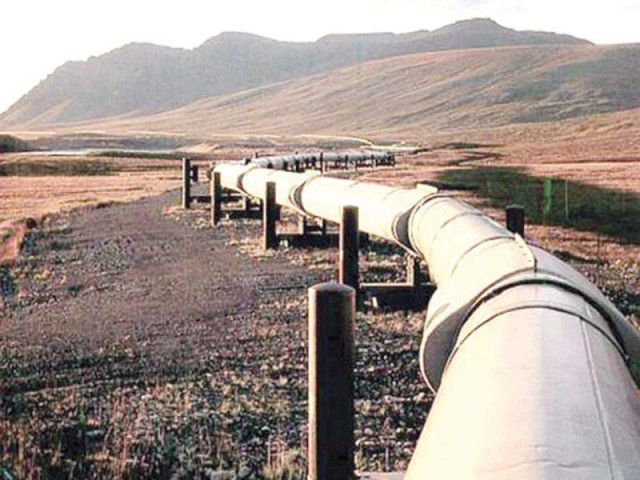How PML-N’s trying to win voter support in 2018 elections
With elections around the corner, govt set to lift ban on gas connections

PHOTO: EXPRESS
“A plan is under study to seek fund allocation in the upcoming federal budget to finance new gas supply schemes. Approval will be sought from the cabinet to implement the programme,” said an official of the Ministry of Petroleum and Natural Resources.
Govt raises petrol, diesel prices
At present, state-run gas distribution companies are raising funds from existing consumers to extend their network for the provision of gas to new consumers.
The moratorium on extending the gas distribution network to new towns and villages was imposed in 2011 by the Economic Coordination Committee during the tenure of Pakistan Peoples Party (PPP)-led government. It wanted to first clear the backlog as major gas reservoirs had started drying up in the country.
Later, the then prime minister eased the restriction and issued directives for providing gas connections to new towns and villages in the constituencies of key PPP parliamentarians.
However, the Supreme Court took suo motu notice of the move and ordered that work on all new gas schemes should be put to a halt.
Apparently unperturbed by the court’s decision, the current government is going to follow the same model.

“The Ministry of Petroleum is expected to send a summary to the cabinet in an attempt to seek approval for the lifting of moratorium on new gas connections before elections,” the official said.
The summary has been prepared despite pending cases of over one million consumers in Punjab who have been waiting for gas supply for a long time.
Since 2000, Pakistan has not recorded any increase in natural gas production that has been static at 4 billion cubic feet per day (bcfd).
In around four years of the present government, 500 million cubic feet of gas per day (mmcfd) has been added to the system, but at the same time production from existing fields has dropped 600 mmcfd.
In winter, which is a high demand season, public utilities provide gas to domestic consumers only. The government has arranged imported gas supplies to bridge the deficit.
Compressed natural gas (CNG) and industrial units are being run on imported gas, which is expensive and has increased the cost of doing business.
Gas consumers to pay Rs20b for leakage, theft
The official cautioned that new gas supply schemes would lead to increased load-shedding for the existing consumers as well as push gas prices upwards.
The Oil and Gas Regulatory Authority (Ogra) allows gas utilities 17.5% guaranteed rate of return on assets, therefore, any increase in assets will give a boost to profits of the utilities.
Under licensing conditions, the utilities are required to first provide gas to the existing consumers before extending their network. However, governments often provide new connections without caring for the existing users.
The official said funds for the gas development schemes in constituencies of PML-N parliamentarians would be generated from the existing consumers, which would obviously trigger an increase in gas tariffs.
Published in The Express Tribune, March 18th, 2017.
Like Business on Facebook, follow @TribuneBiz on Twitter to stay informed and join in the conversation.



















COMMENTS
Comments are moderated and generally will be posted if they are on-topic and not abusive.
For more information, please see our Comments FAQ